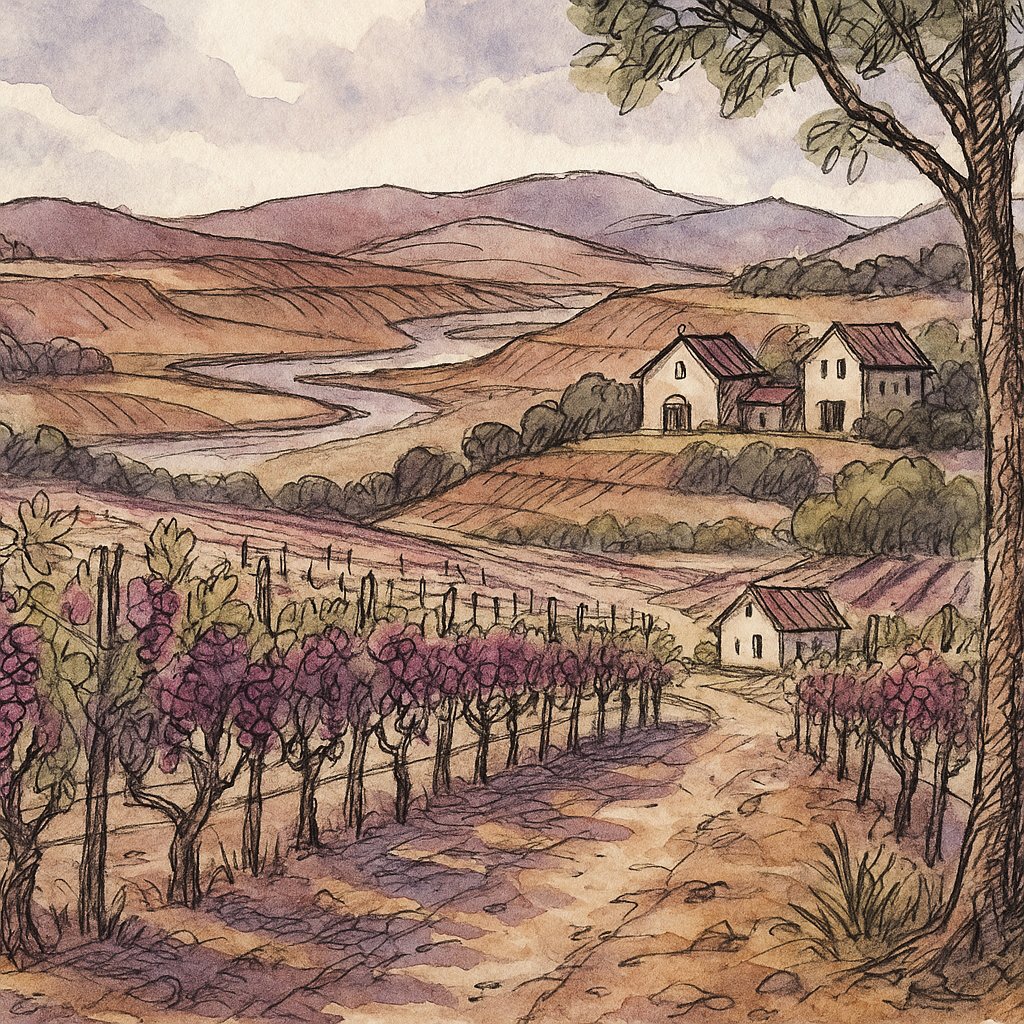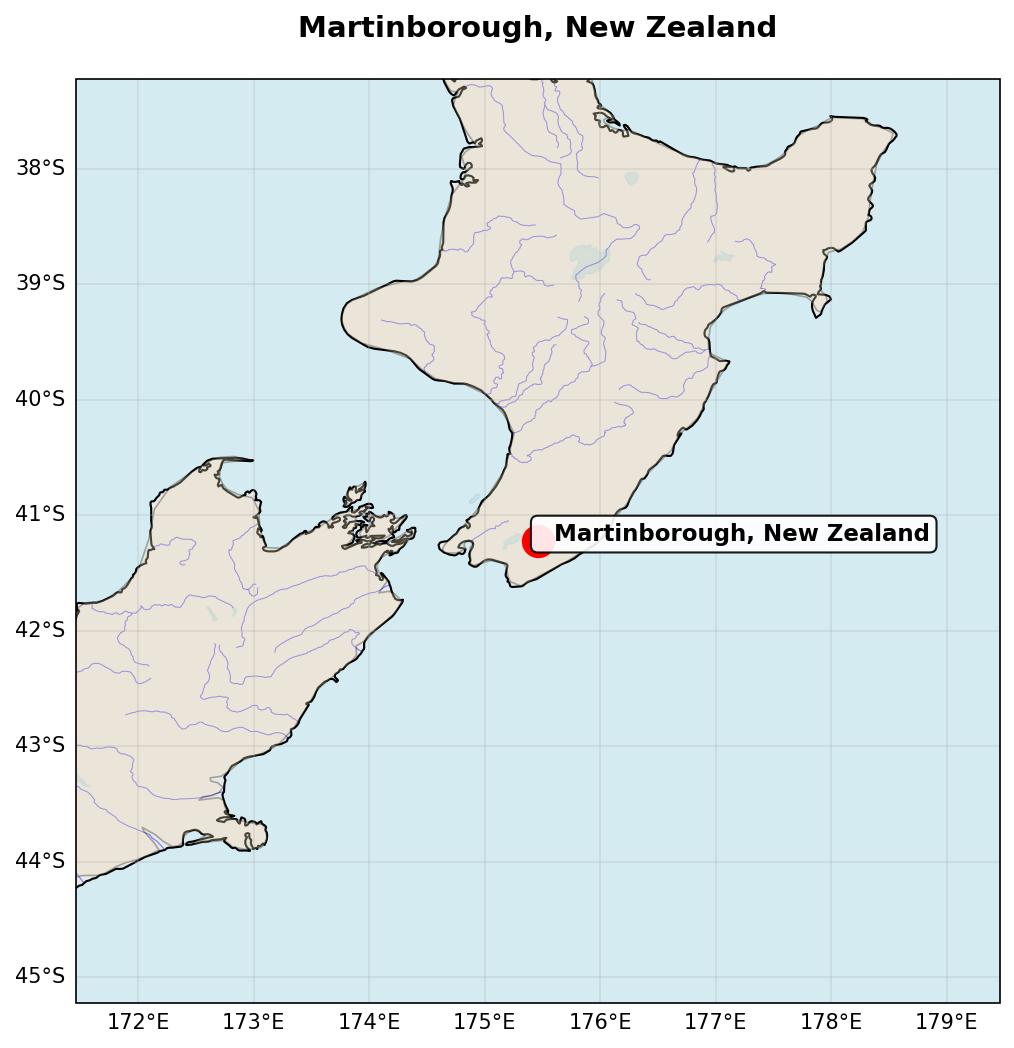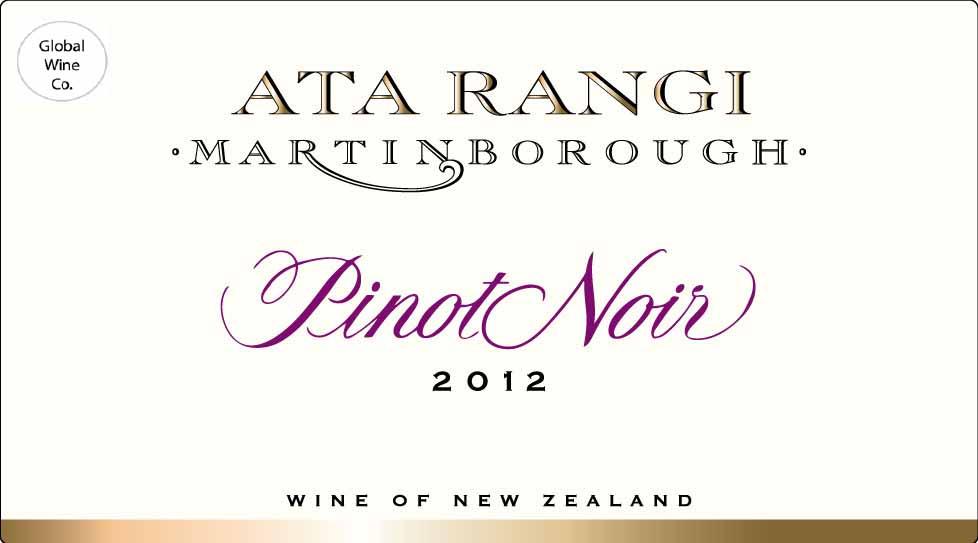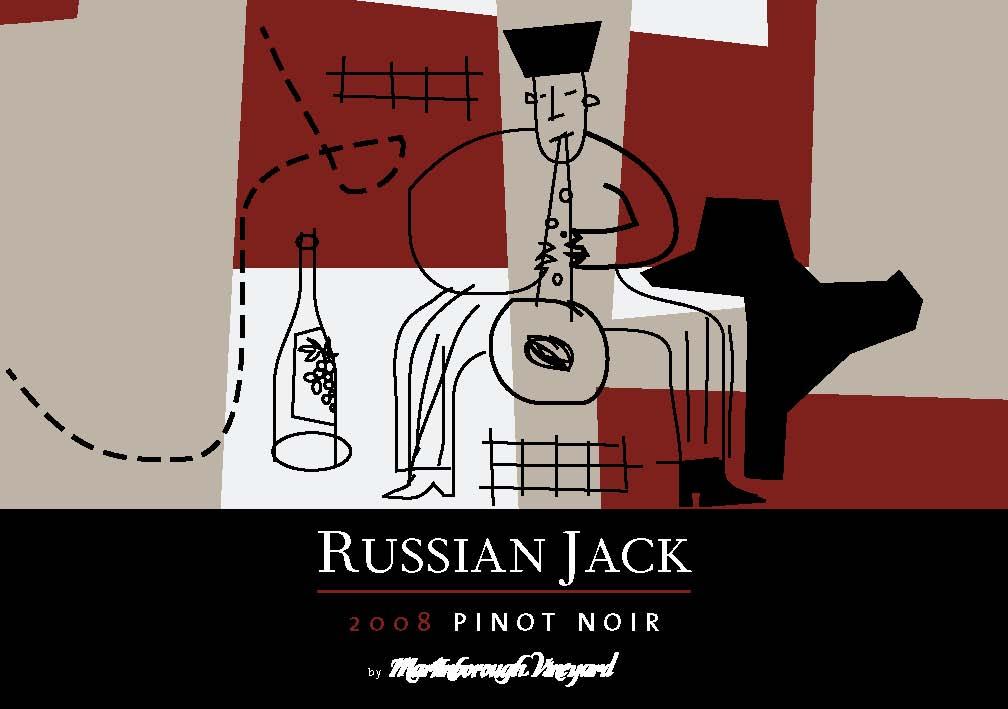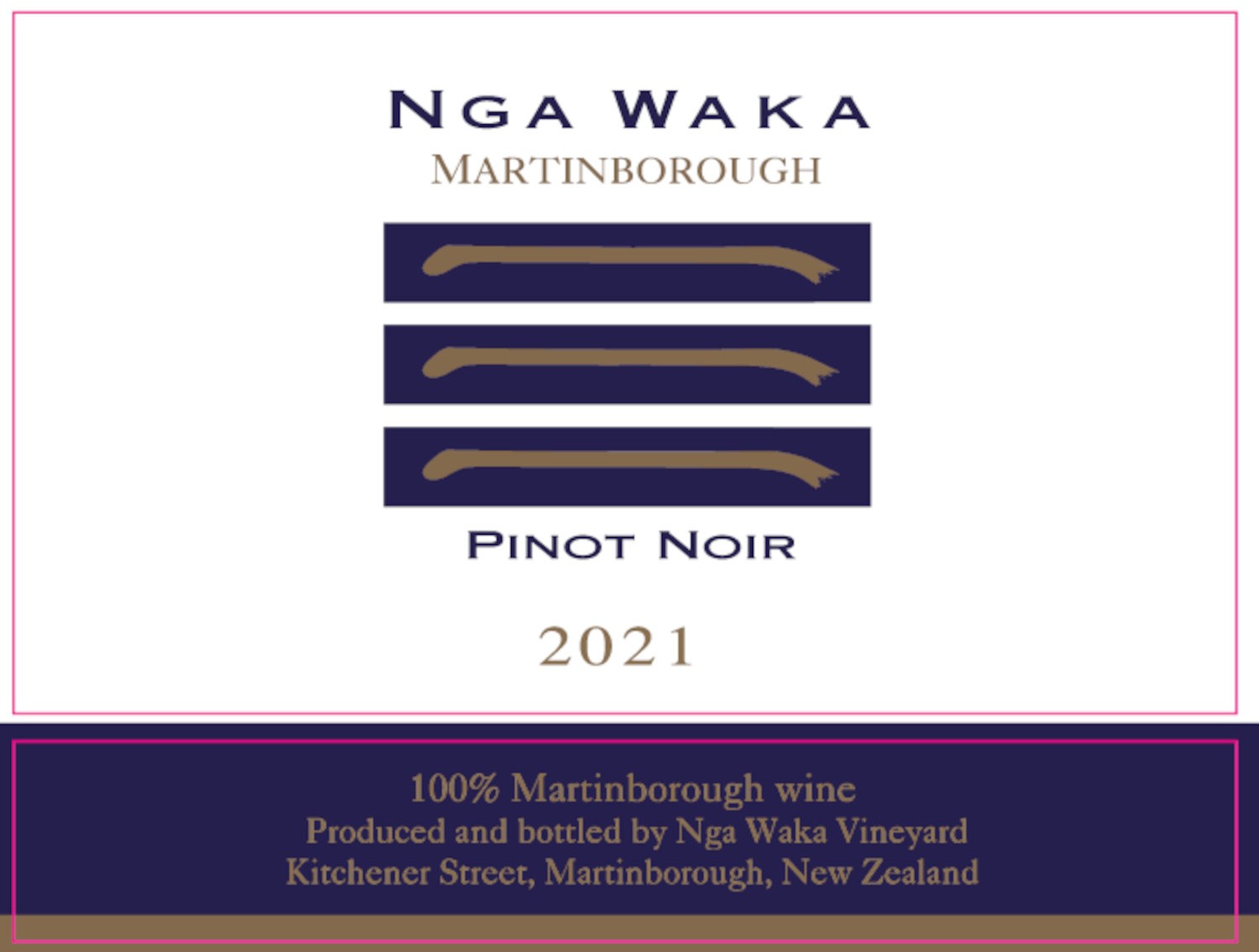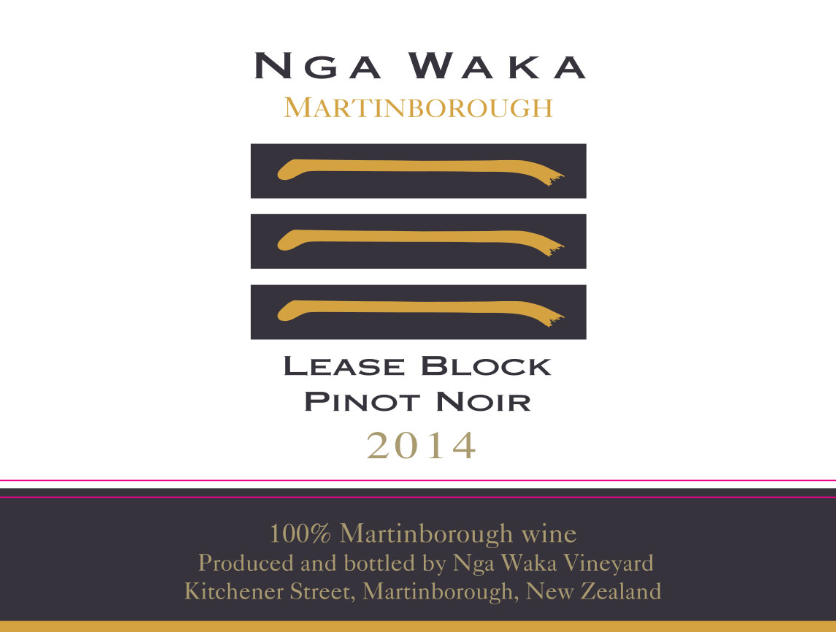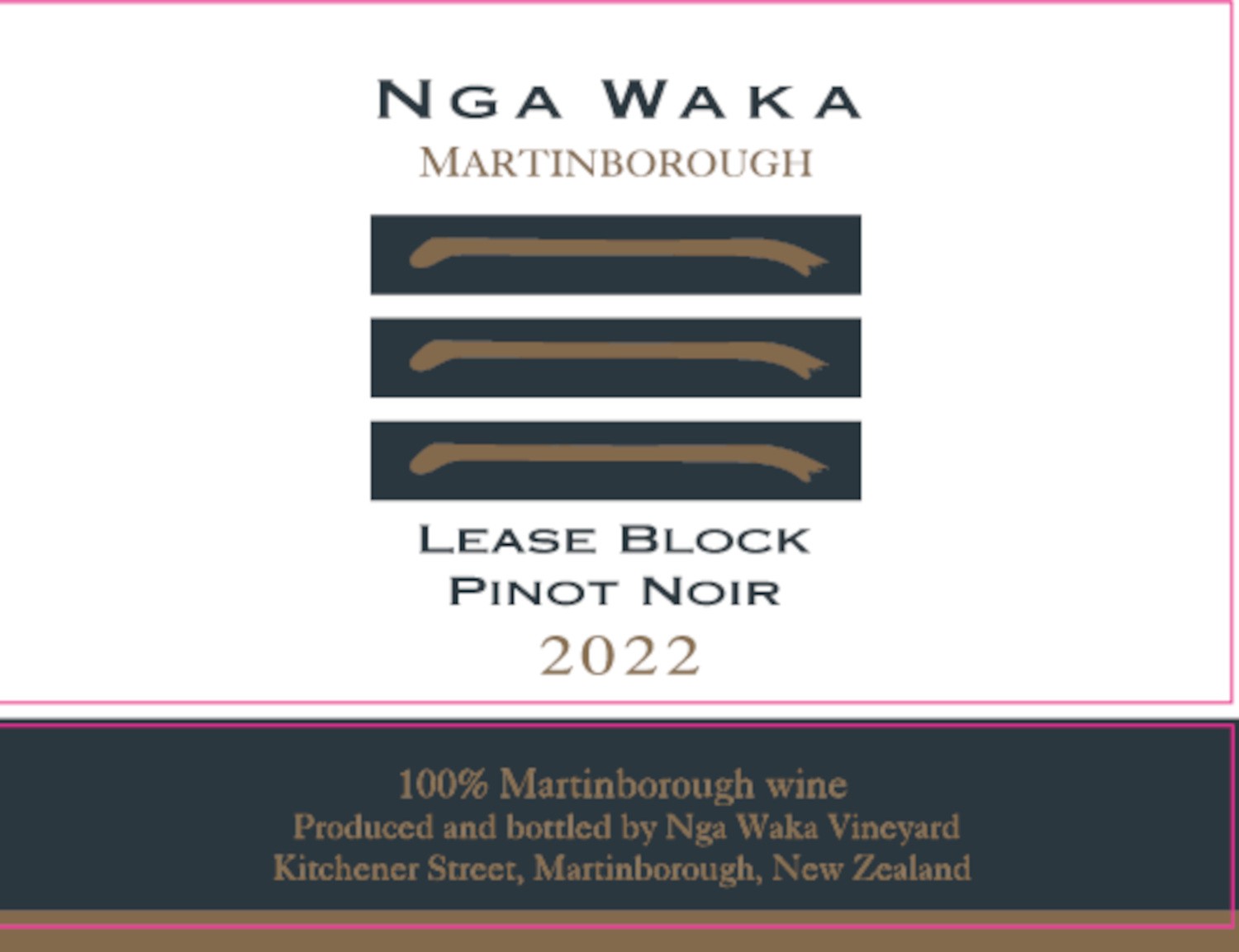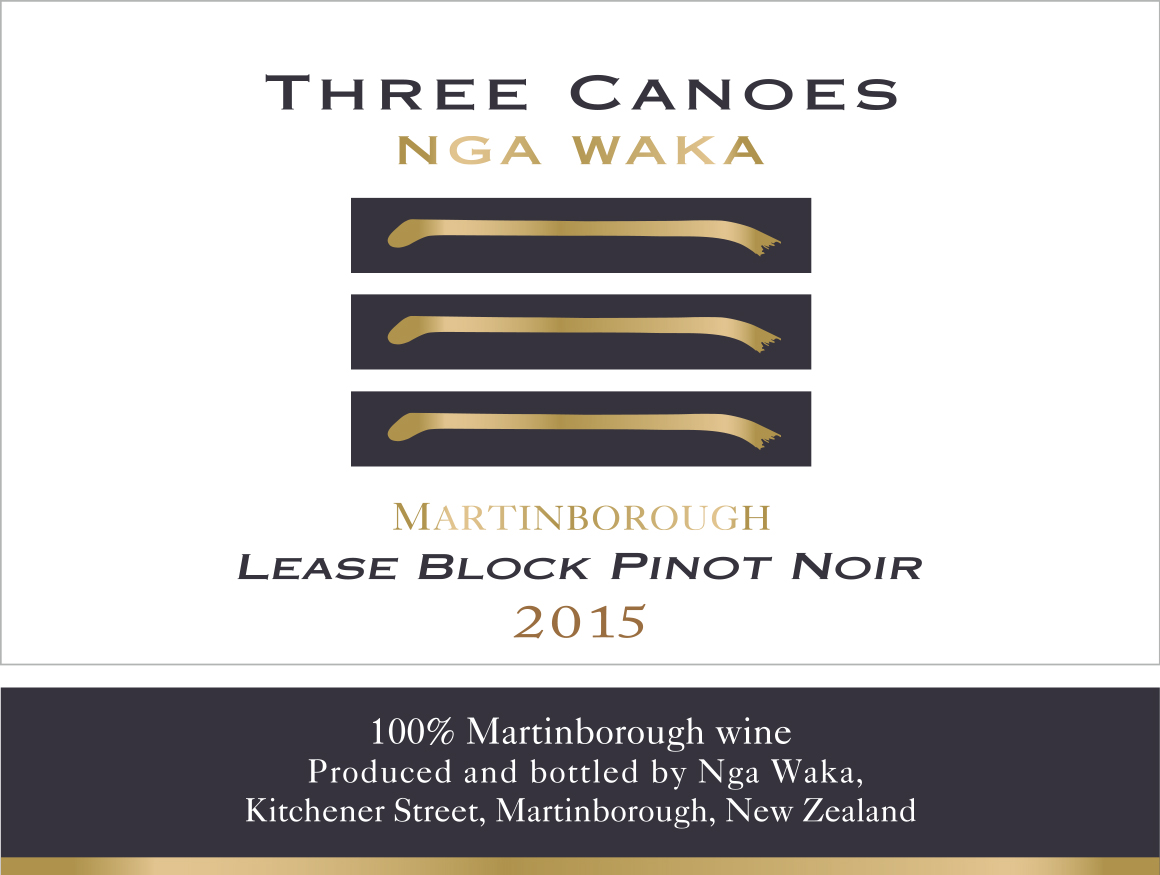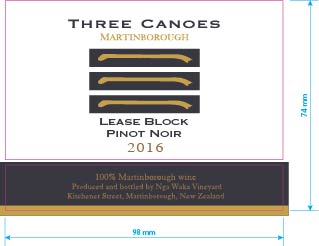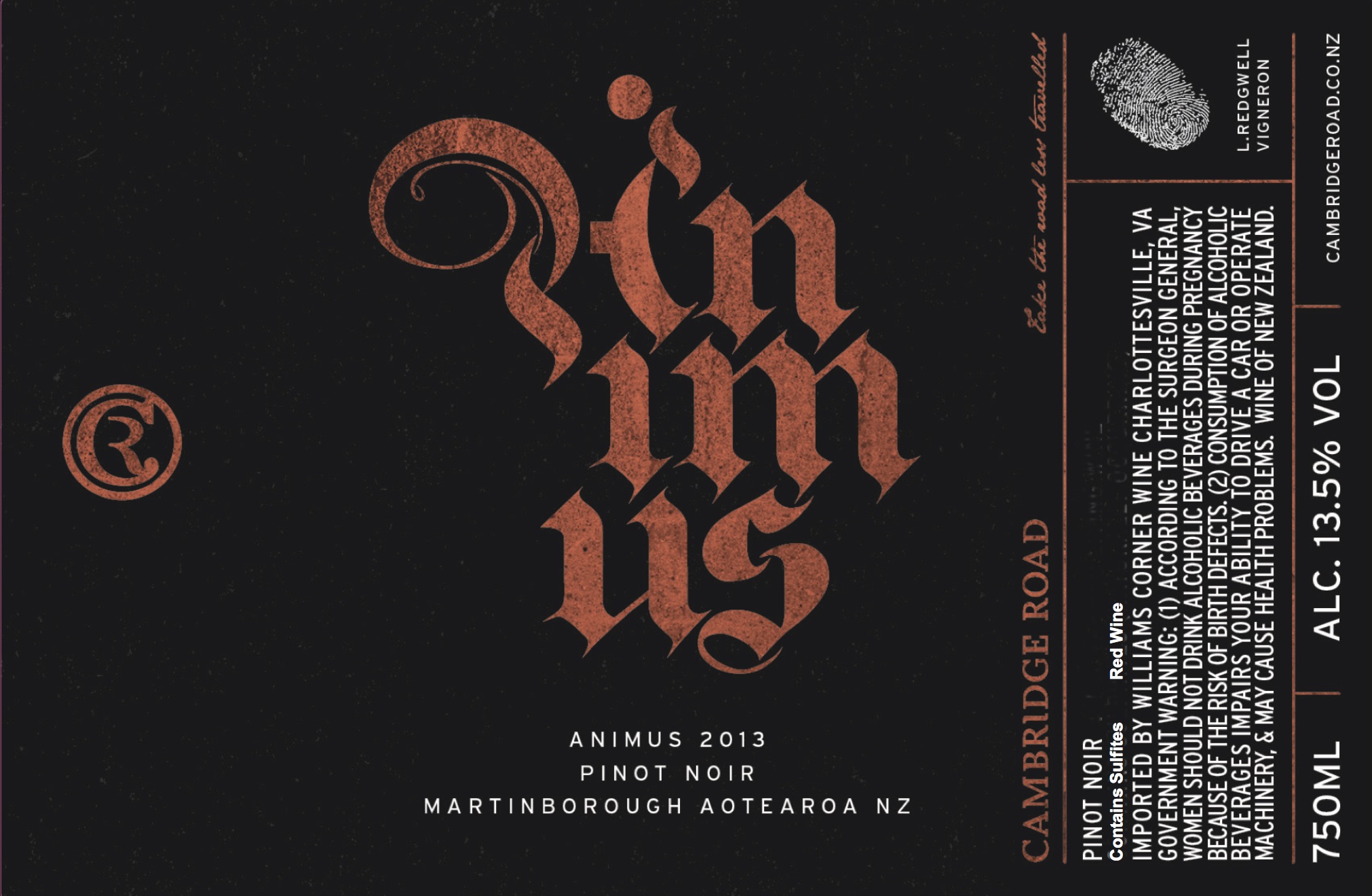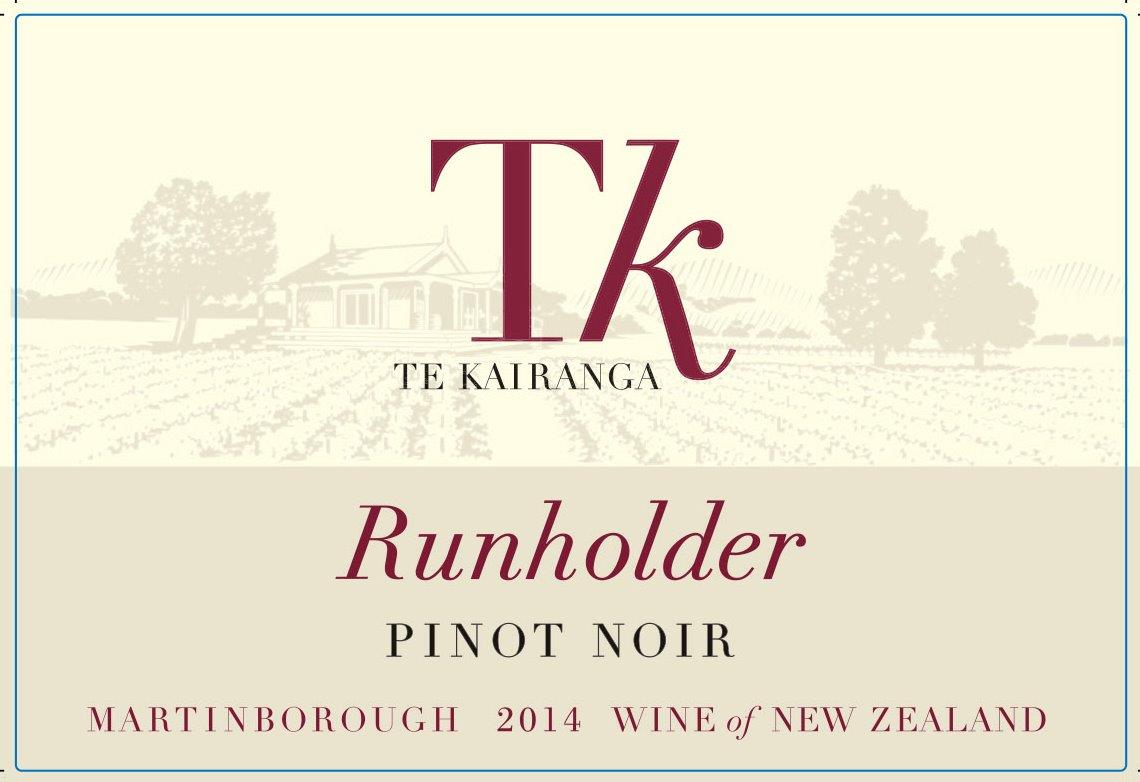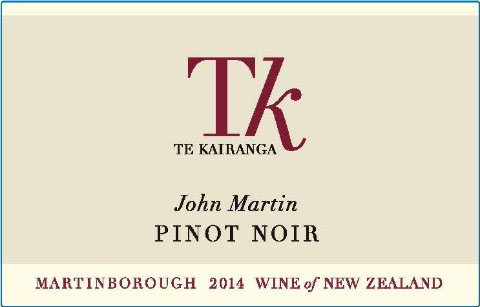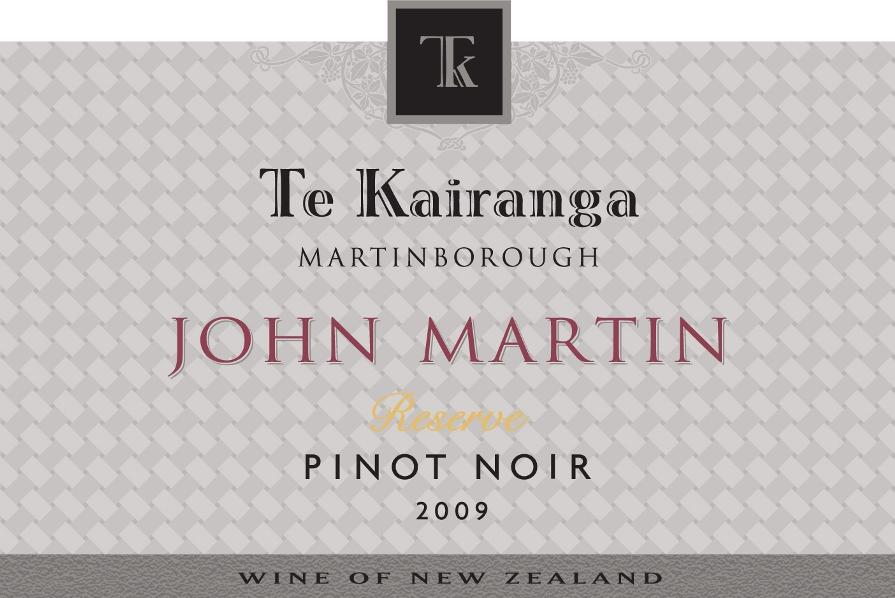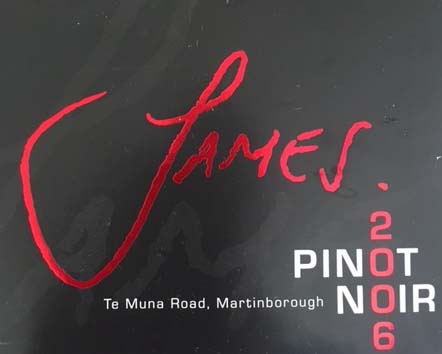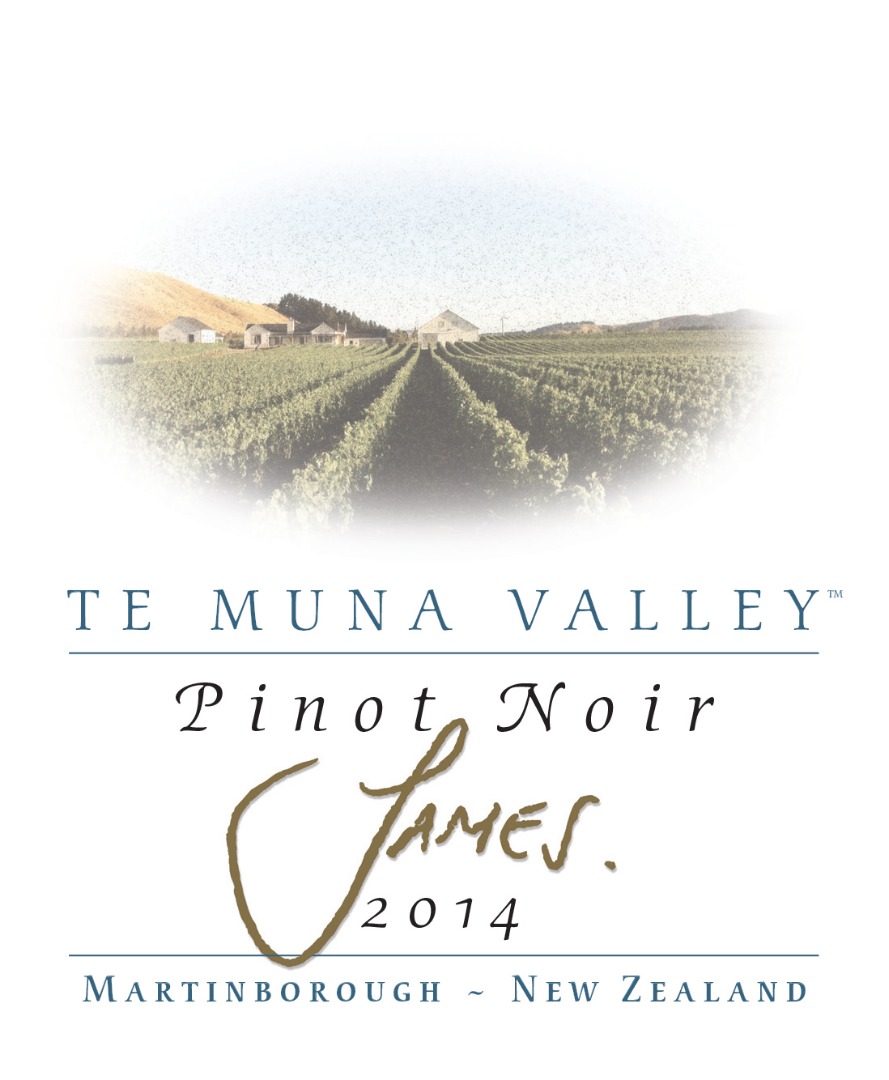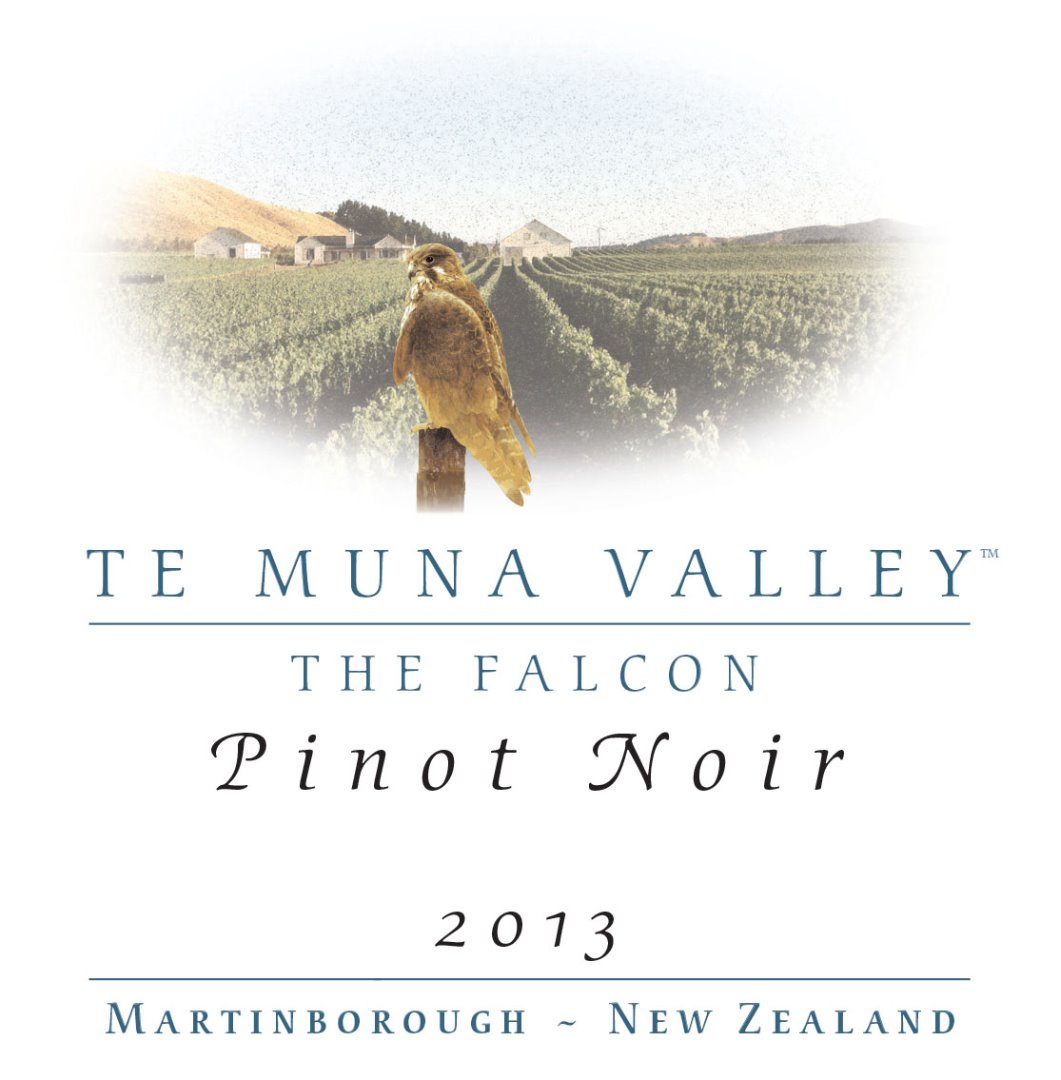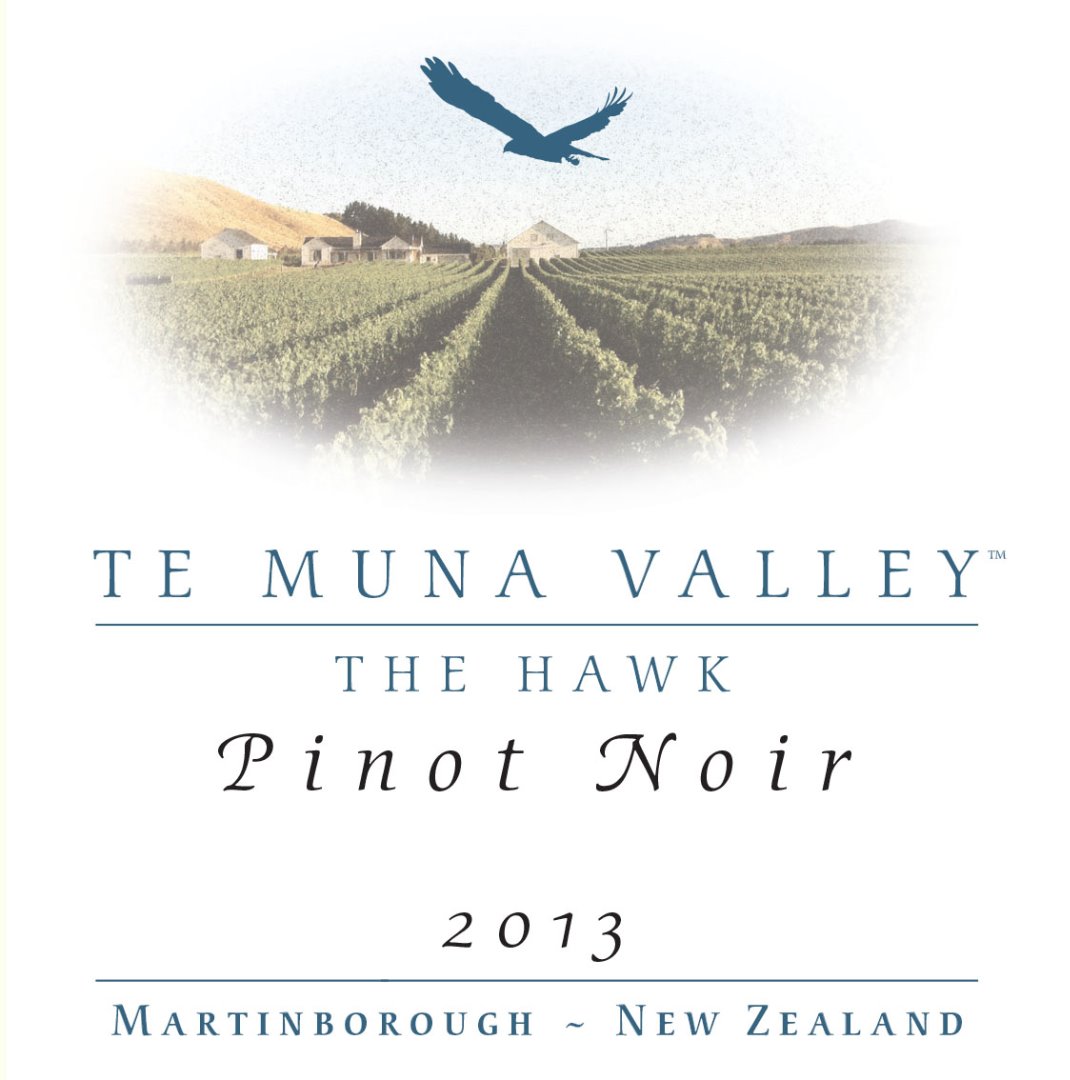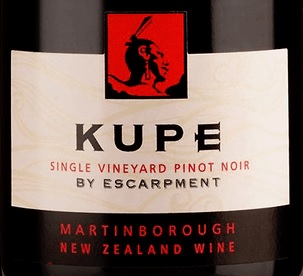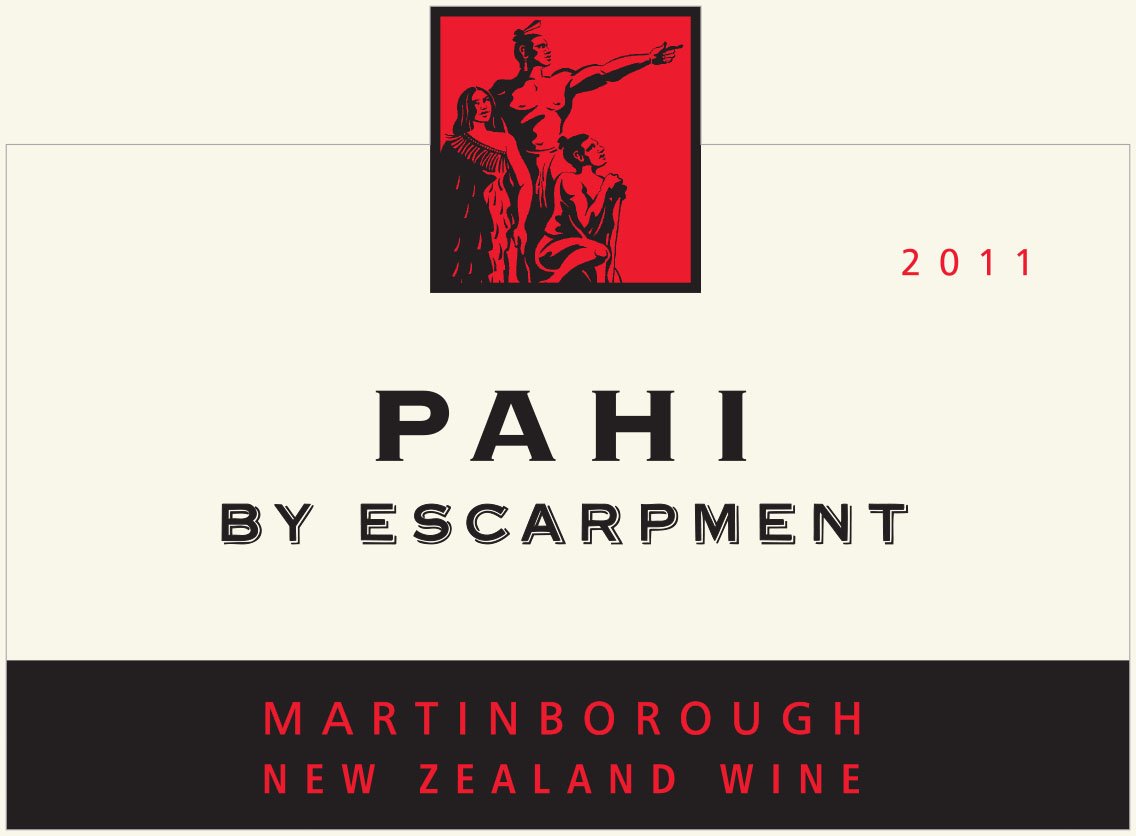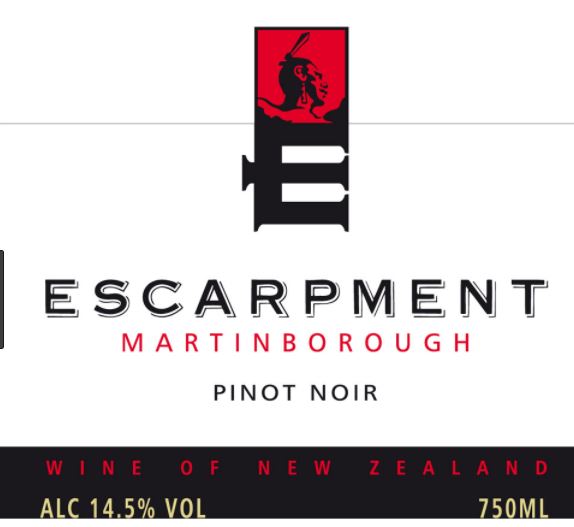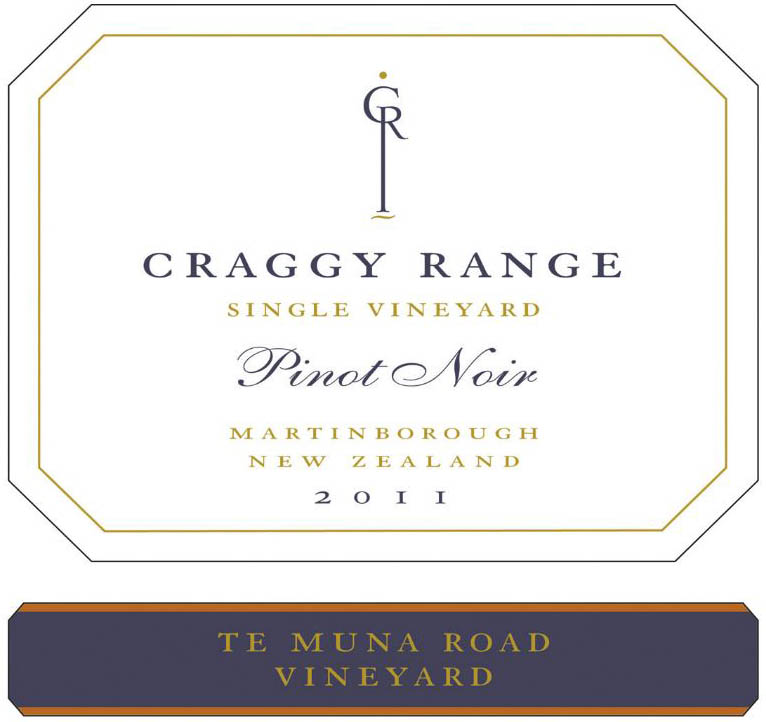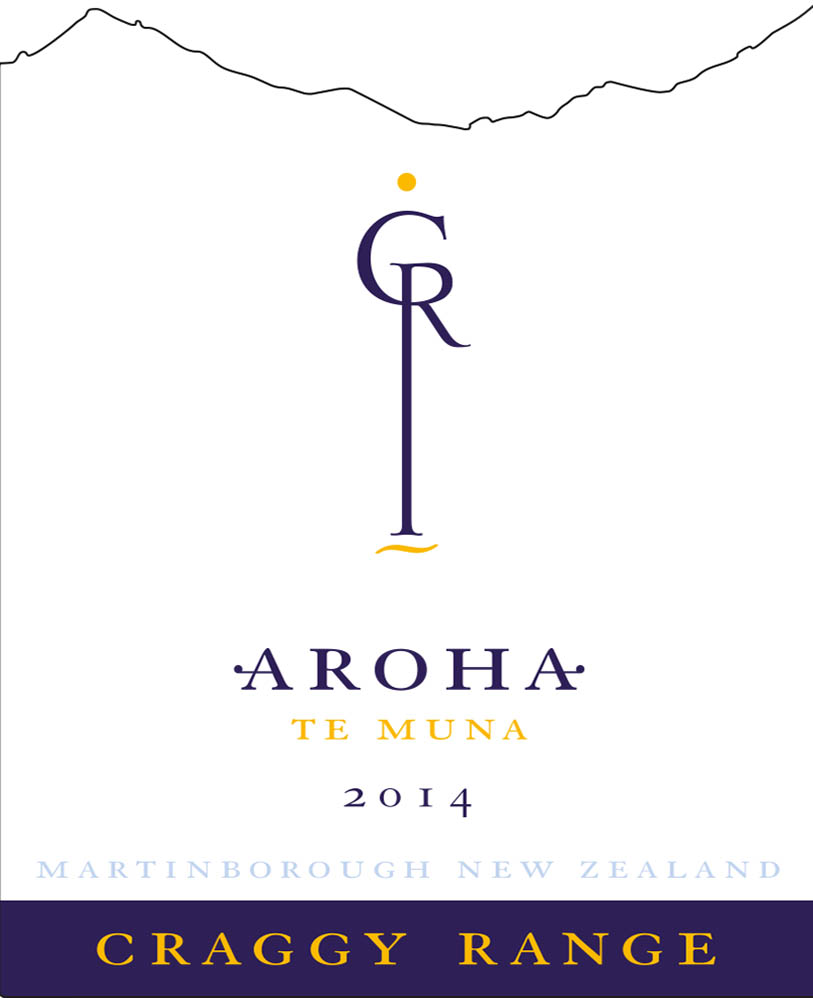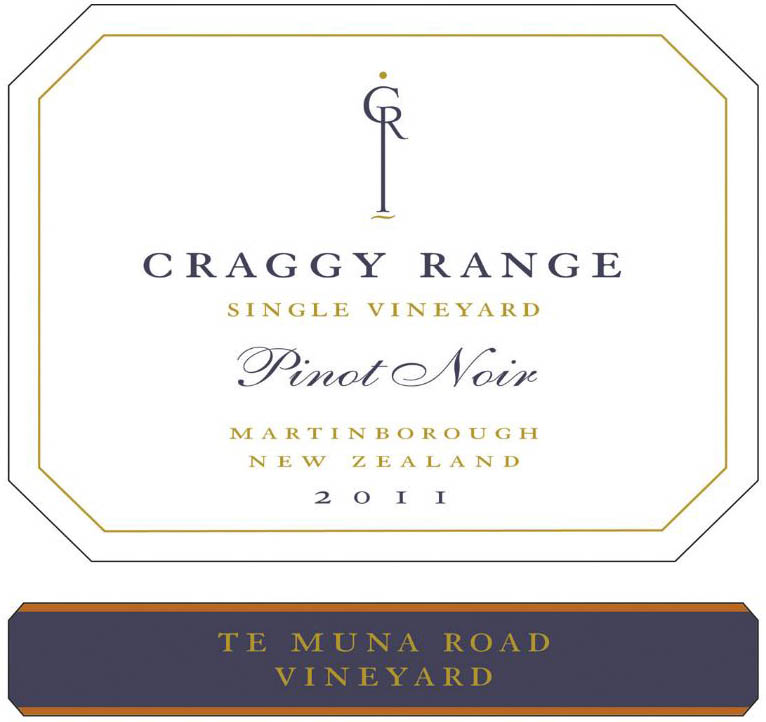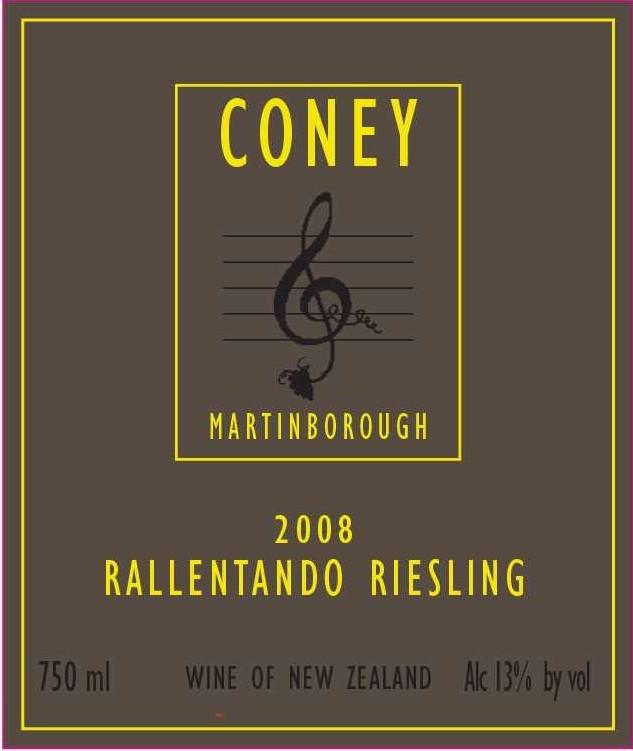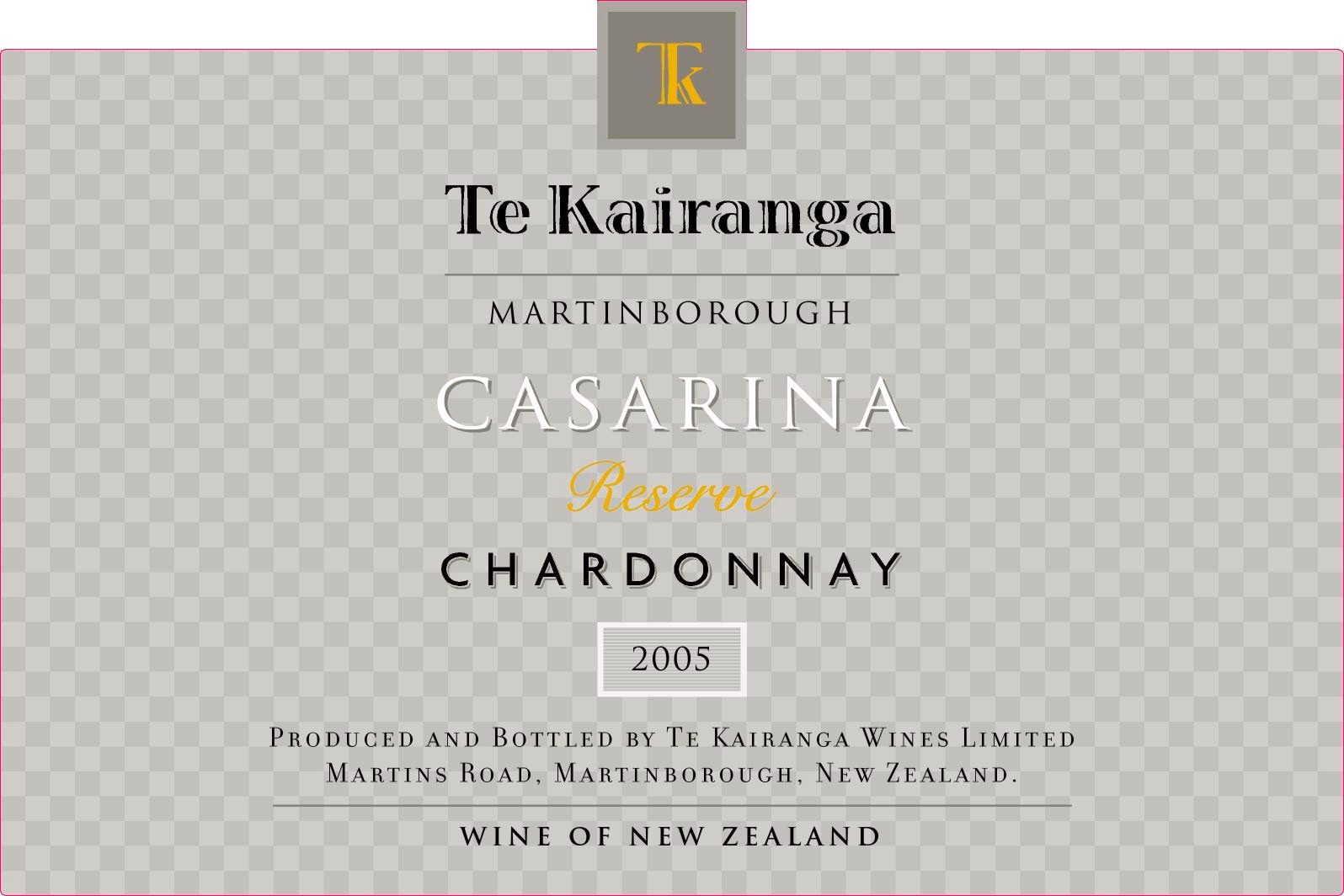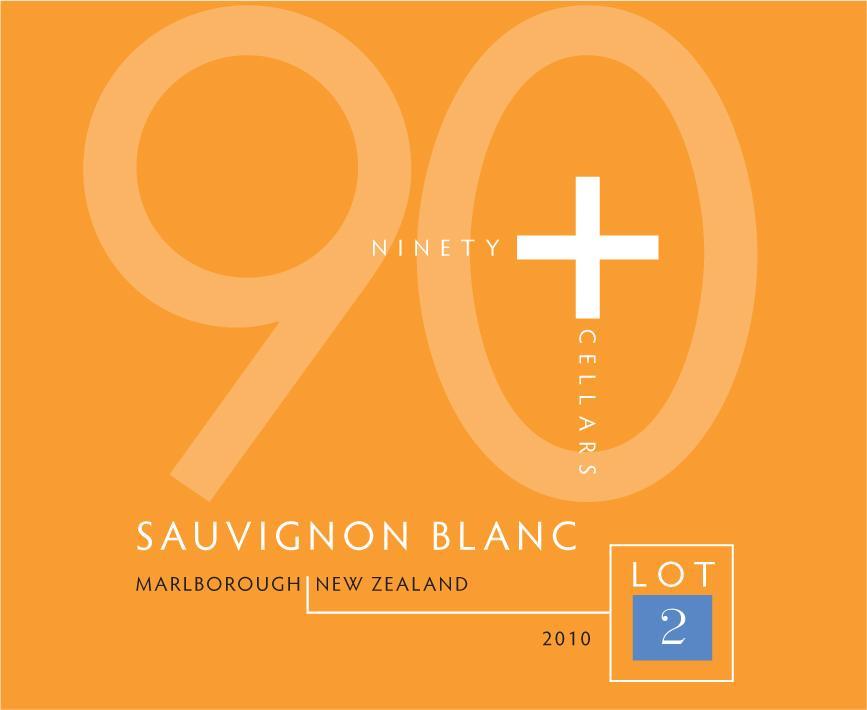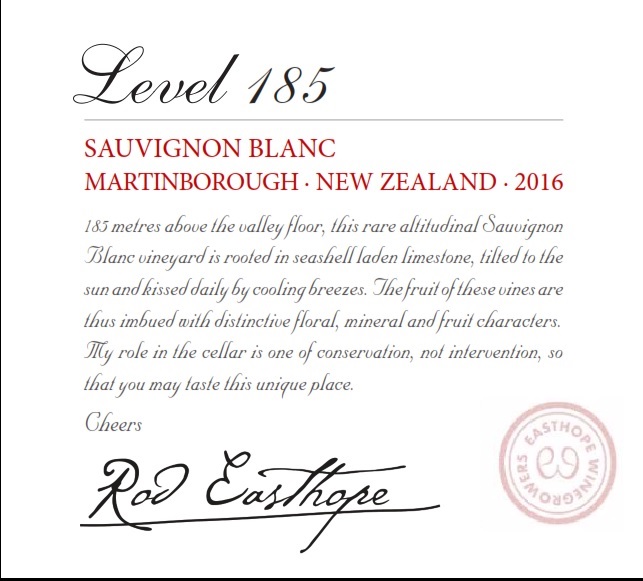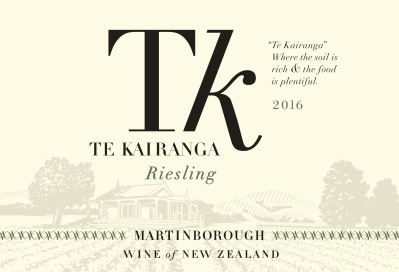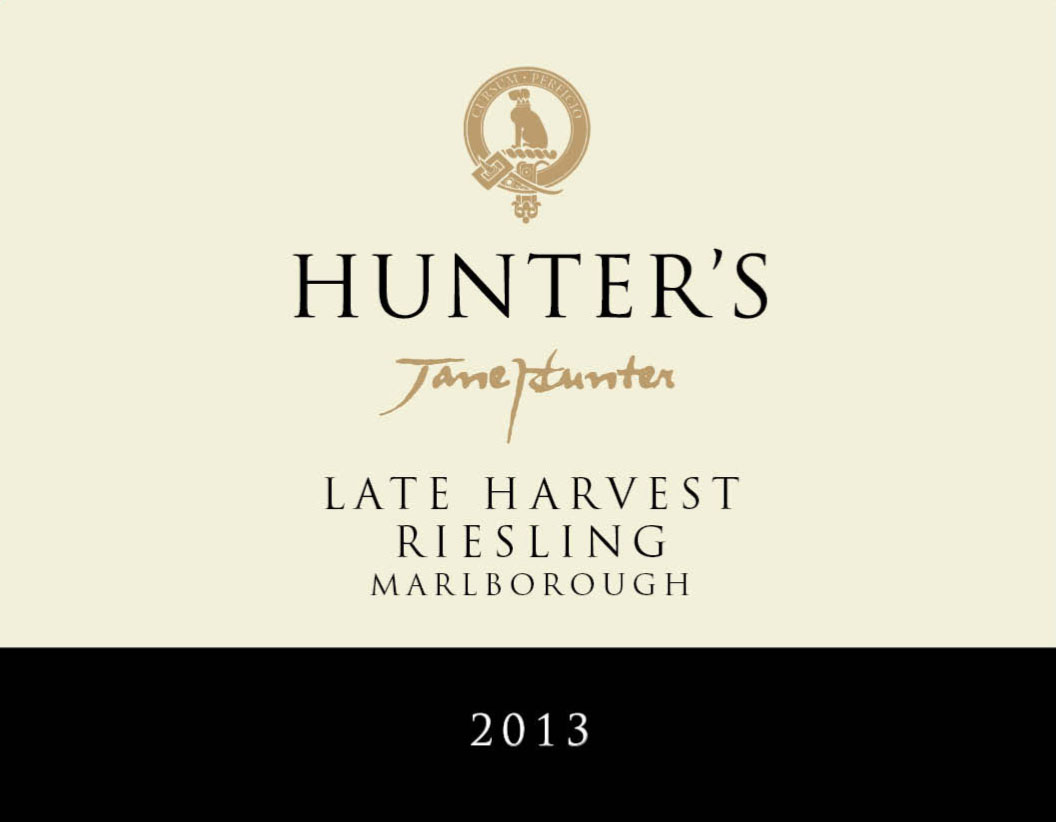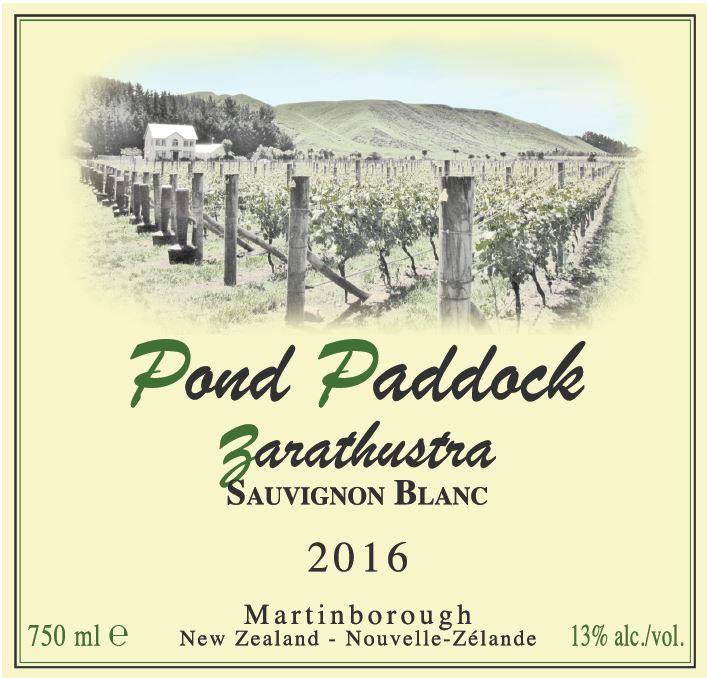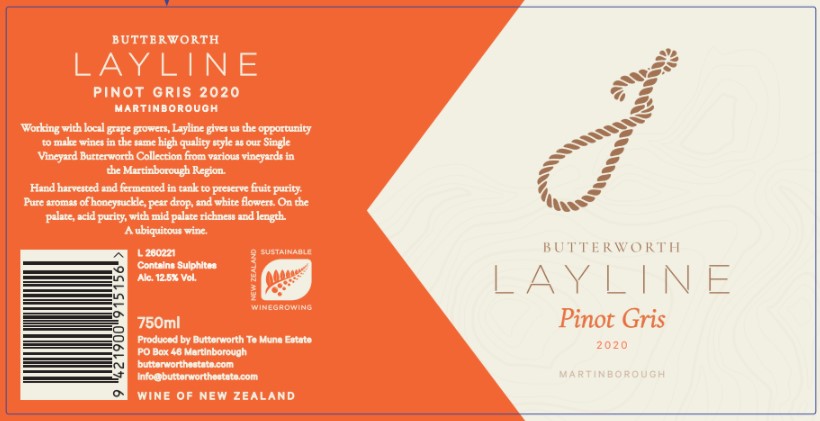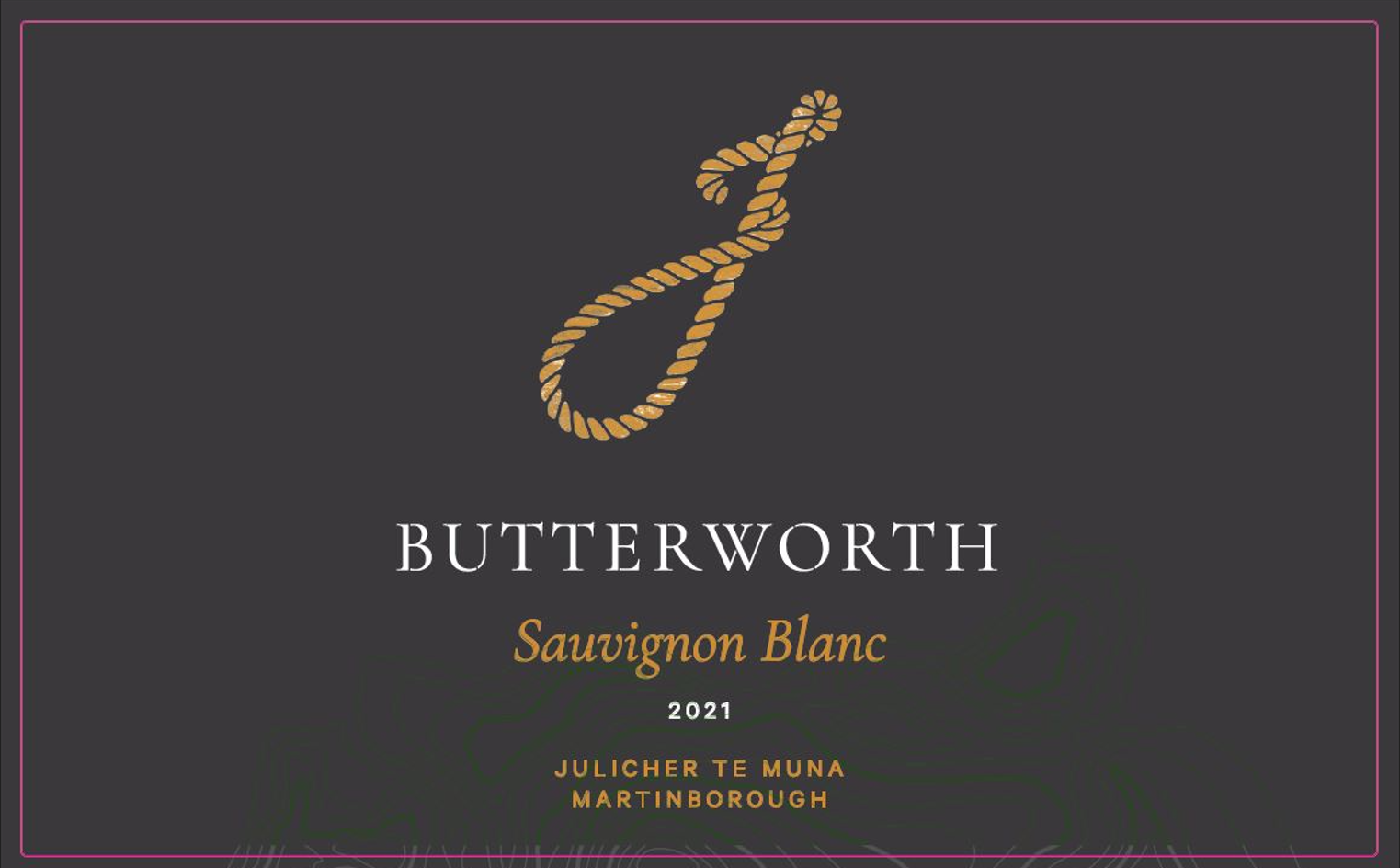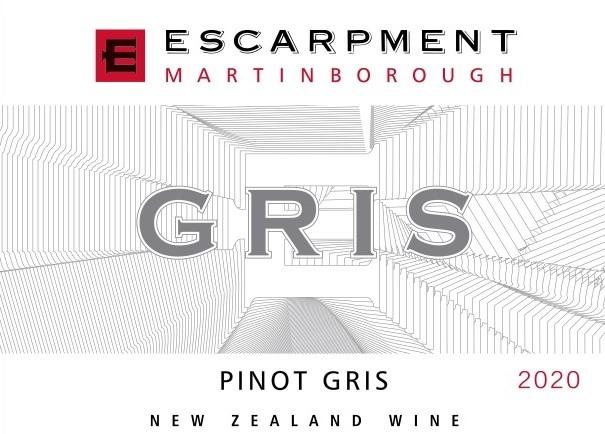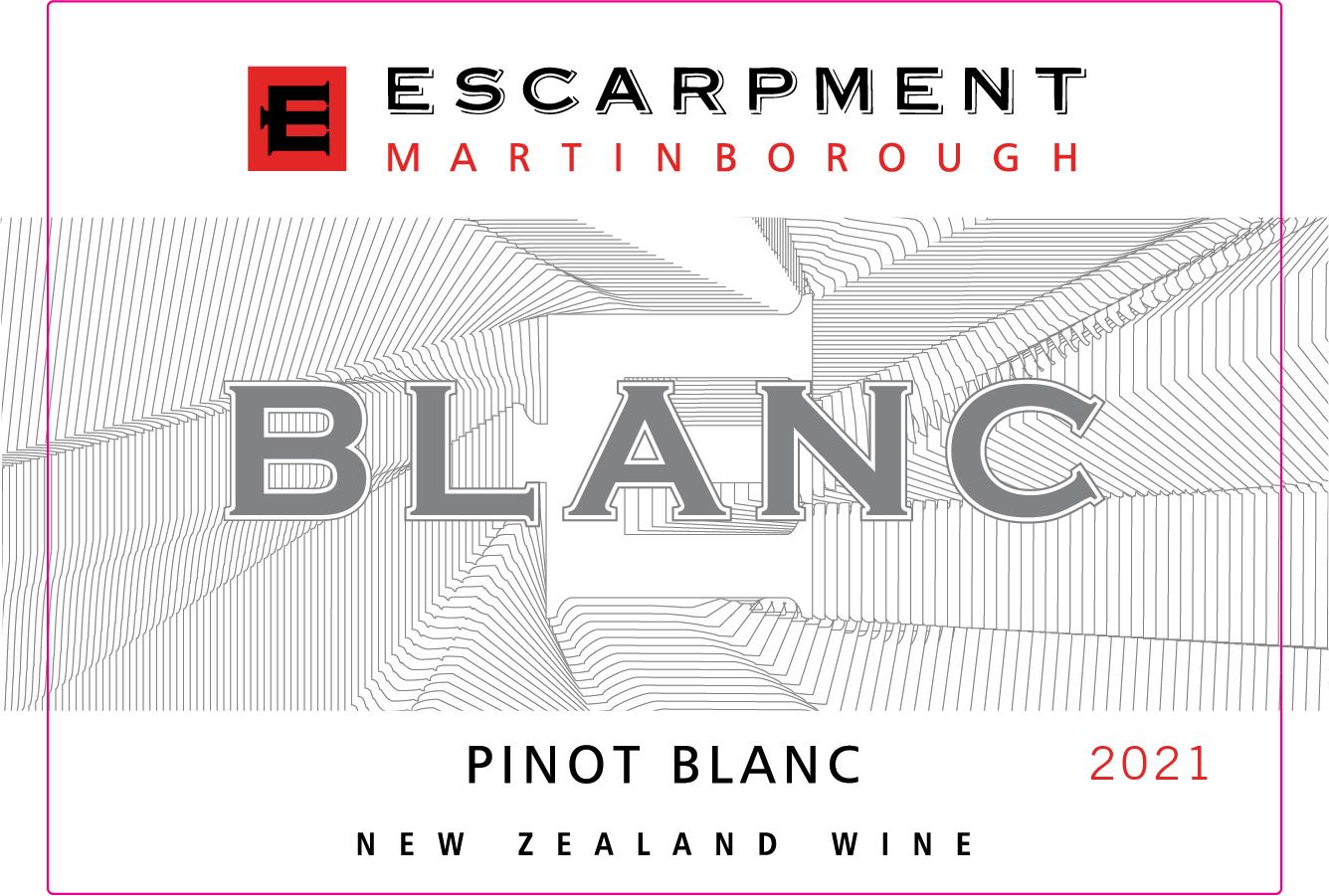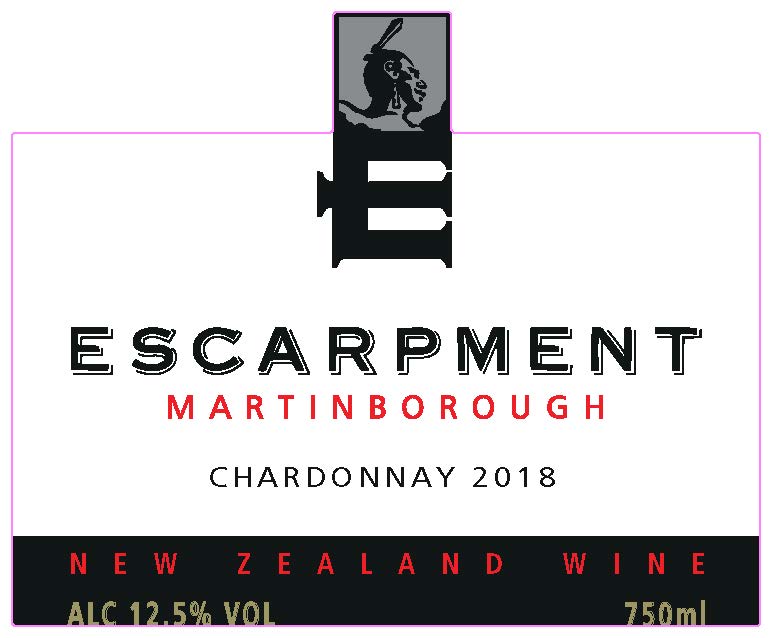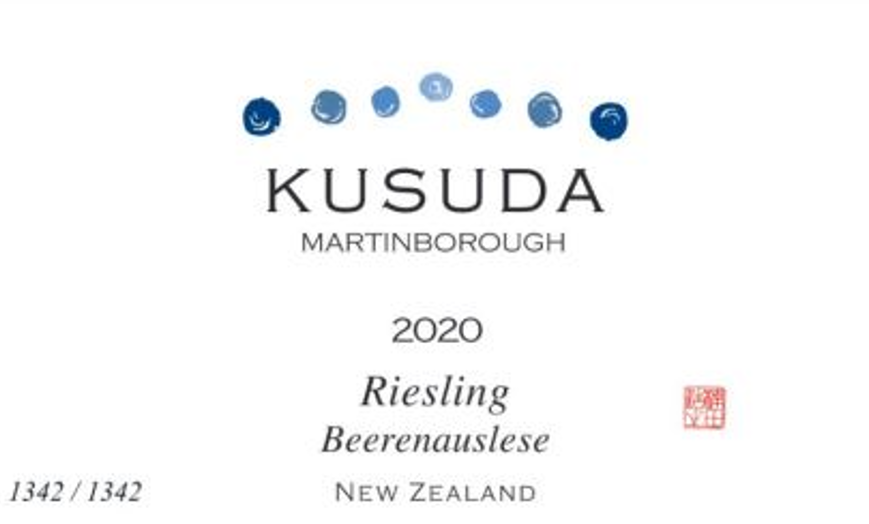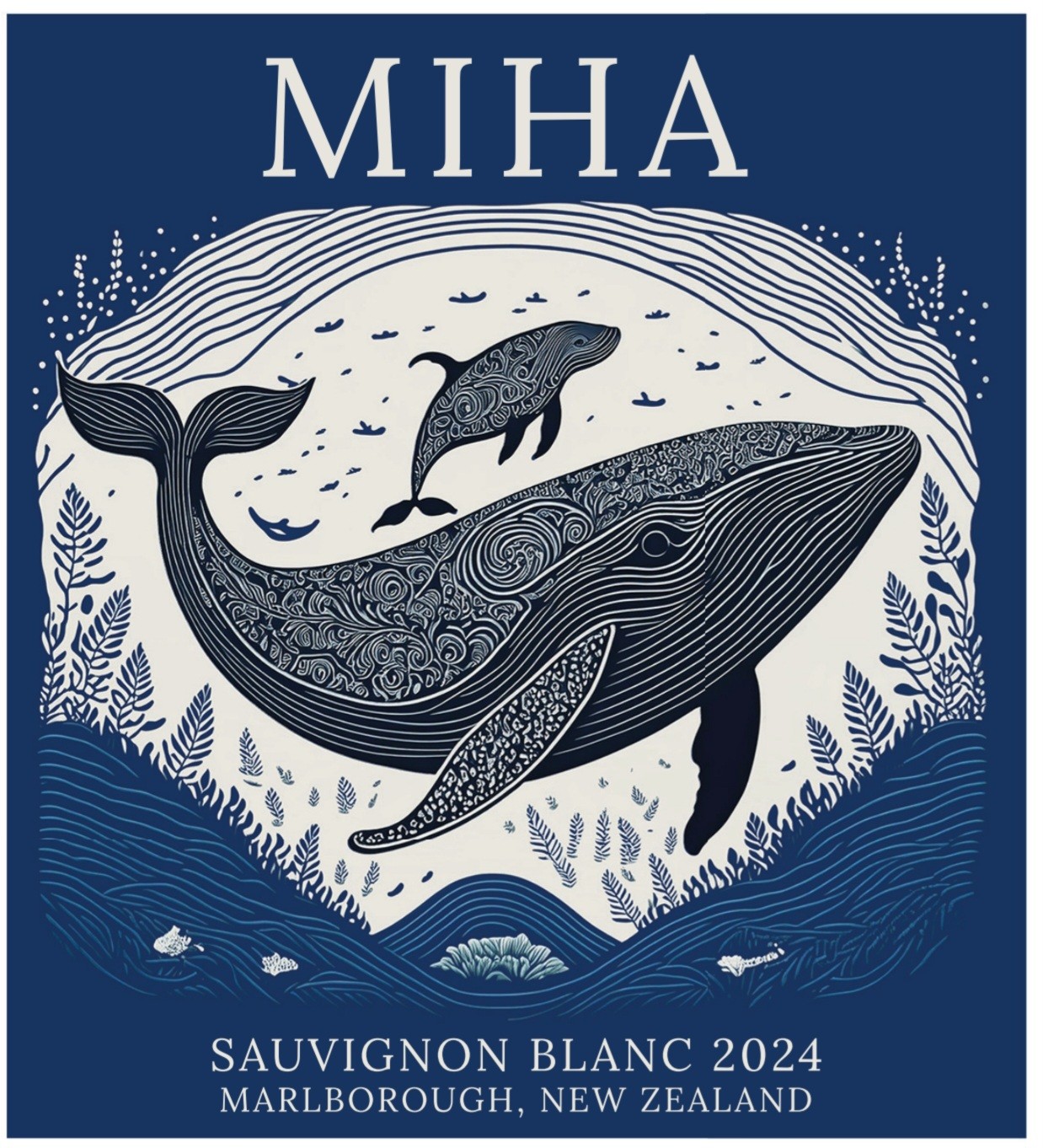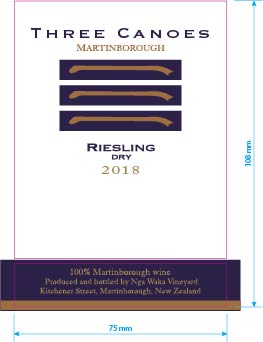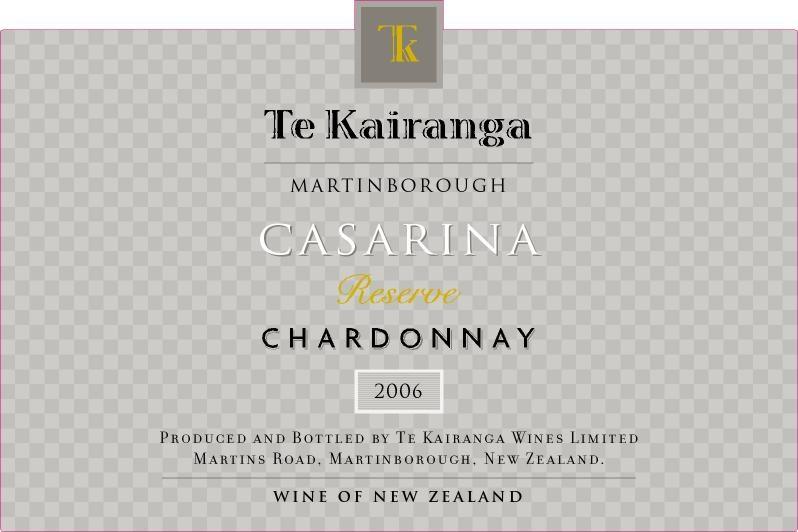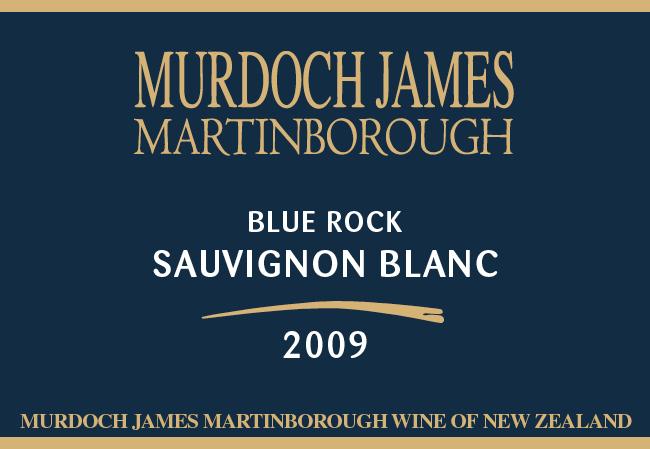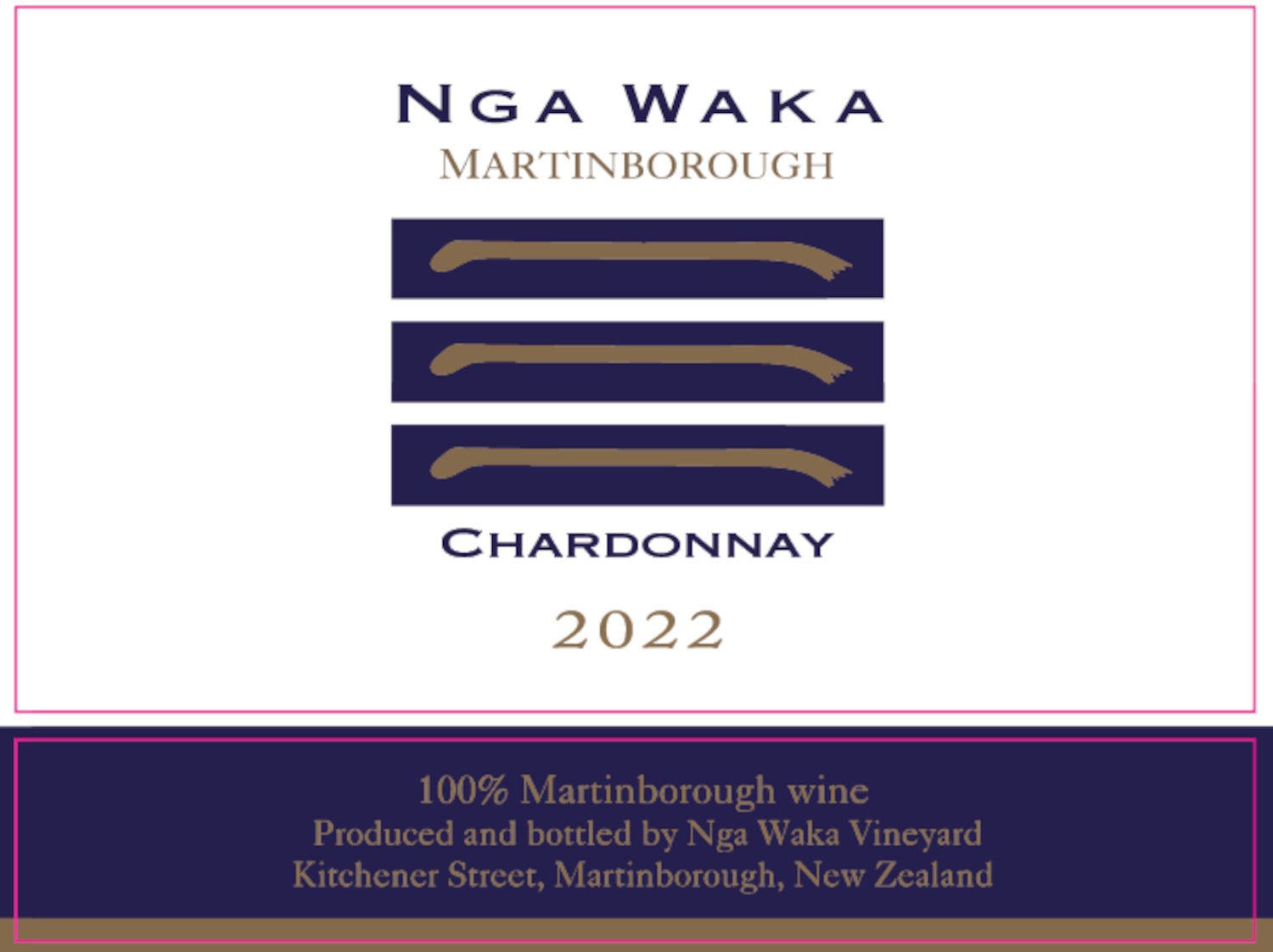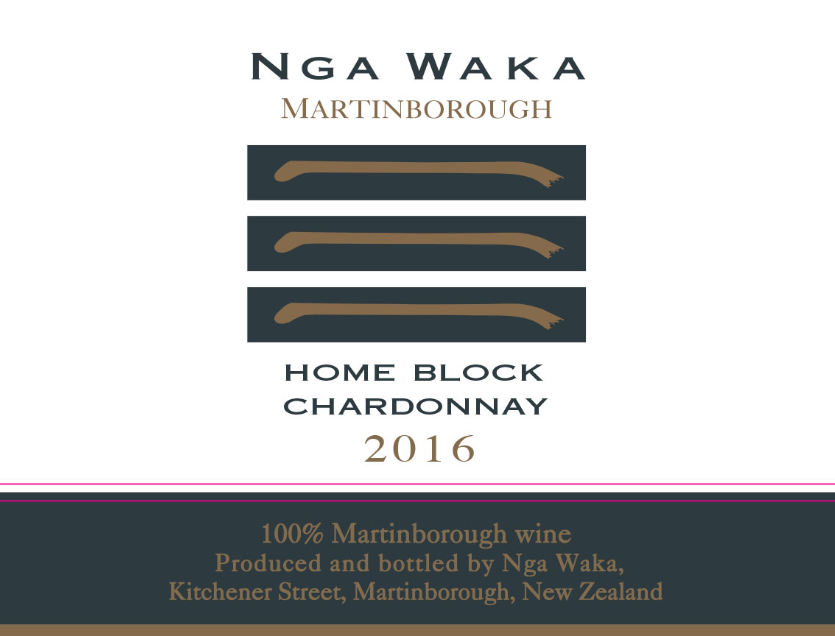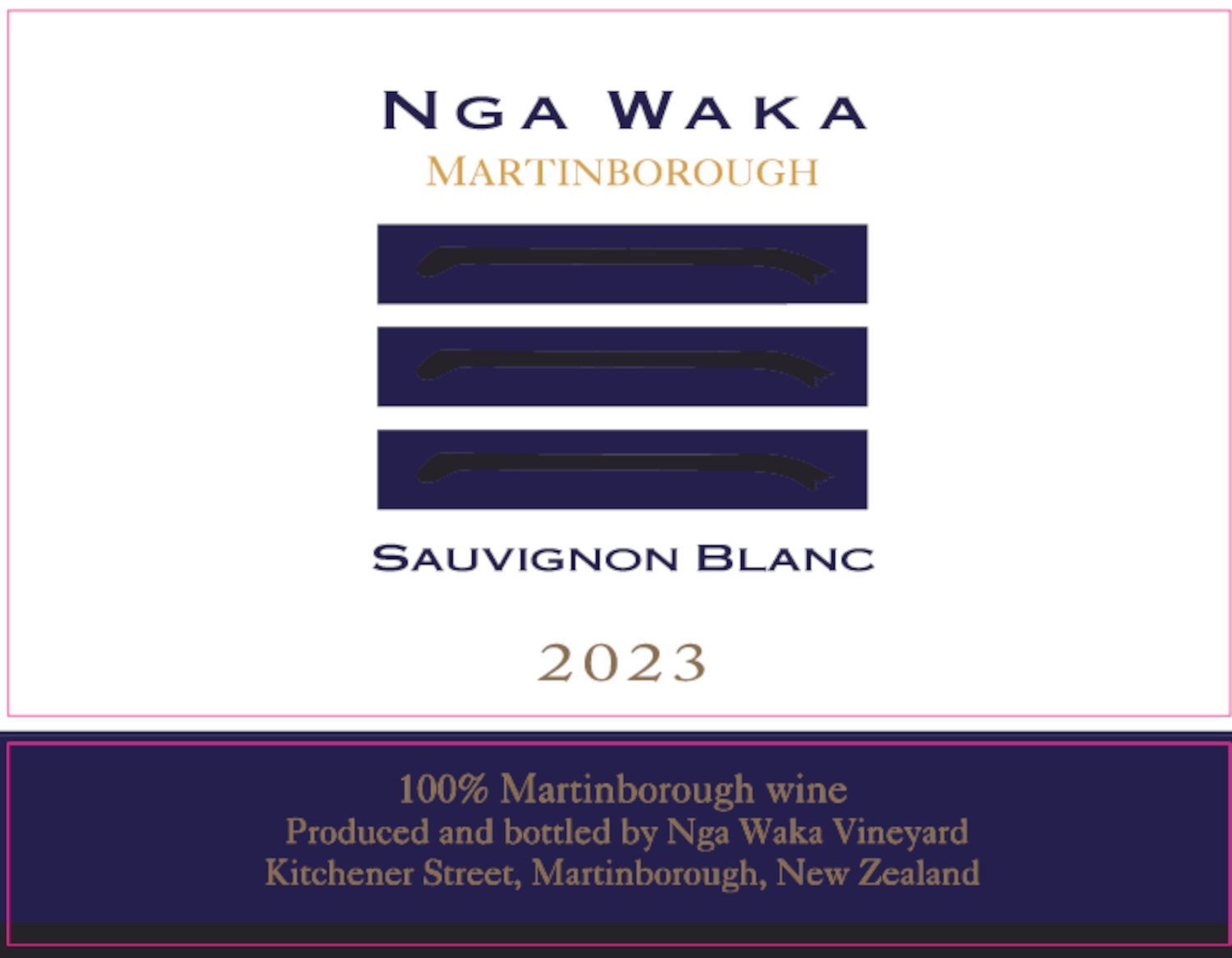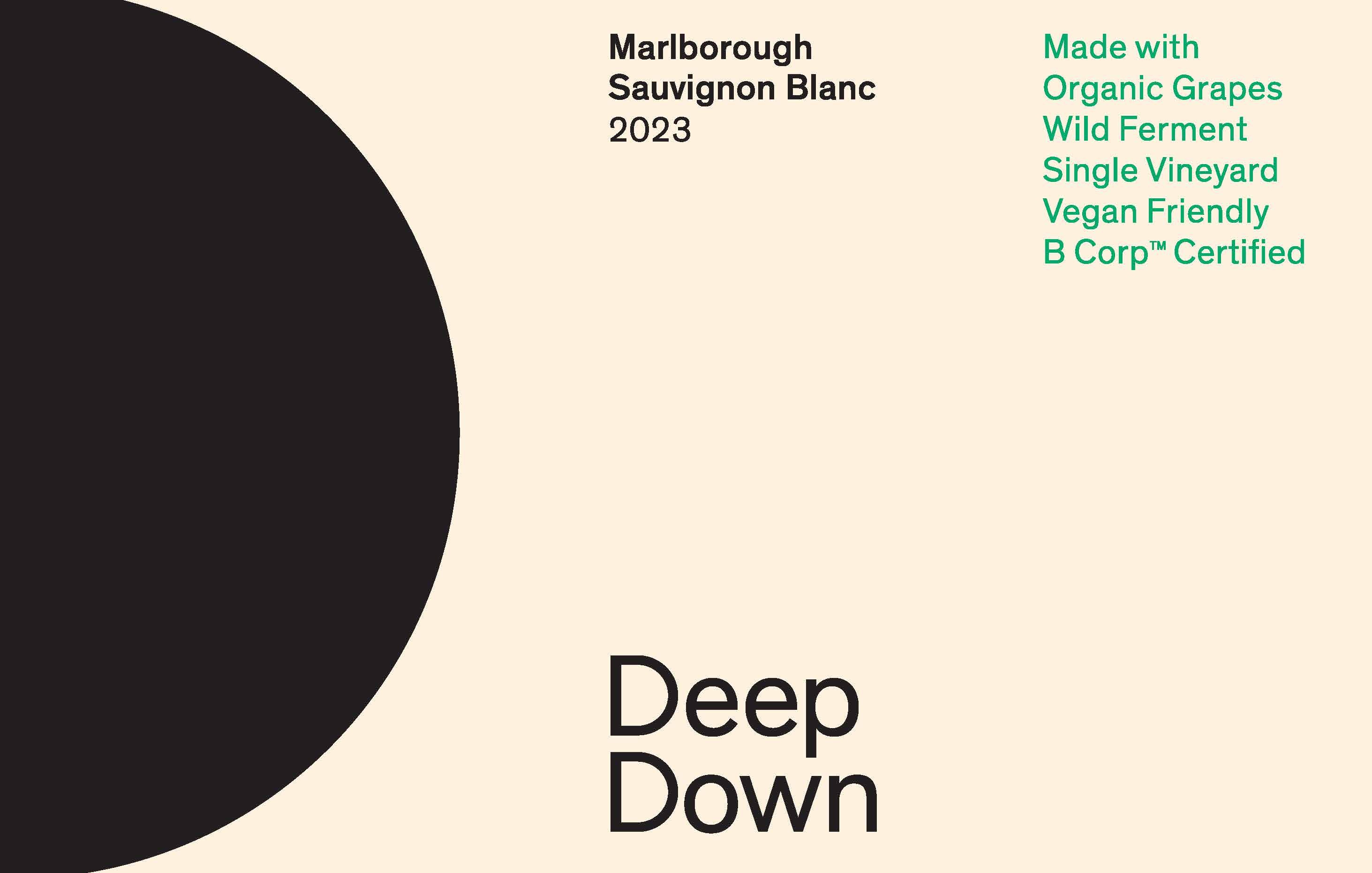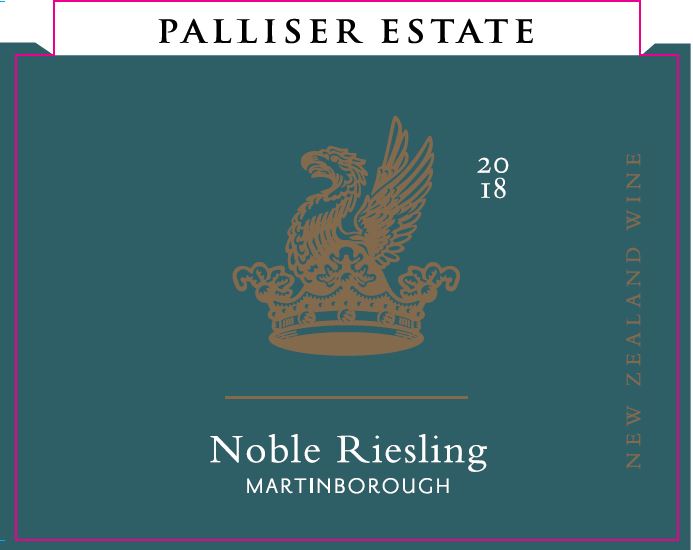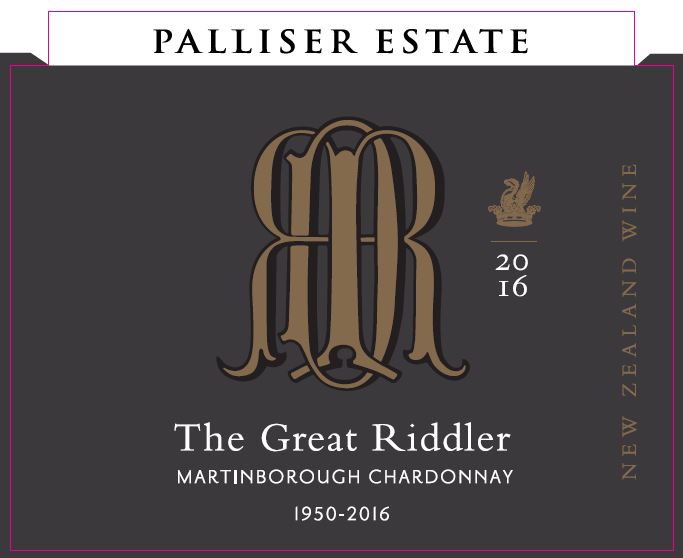Terroir of Martinborough
Martinborough's vineyards thrive on ancient river terraces with well-draining gravels, sandy loams, and clay-silt over deeper gravel layers. These nutrient-poor soils encourage deep rooting and result in naturally low yields, producing small berries packed with intense flavors.
The region enjoys warm, dry summers and cool nights, with maritime breezes from the Cook Strait that help maintain acidity in the grapes. Although rainfall is relatively low for the North Island, careful water management is essential.
Winters are cool, and spring frosts pose a risk, prompting growers to select sites strategically and use frost protection methods. Small variations across the terraces add to the complexity of the wines. This unique terroir contributes to Martinborough's reputation for producing Pinot Noir with deep flavors and other varietals that express the area's distinctive climate.
Notable Wineries in Martinborough
Martinborough's intimate wine scene is a testament to its pioneering spirit and commitment to quality. With over 20 cellar doors clustered near the village, this region is a gem for wine enthusiasts seeking top-tier Pinot Noir and more. Here are some standout wineries:
- Ata Rangi: A trailblazer in Martinborough, celebrated for its world-class Pinot Noir.
- Dry River: Known for its small-batch, meticulously crafted wines that showcase the terroir.
- Martinborough Vineyard: One of the original vineyards, famous for its elegant and expressive wines.
- Palliser Estate: A leader in sustainability, producing balanced whites and bold reds.
These wineries, along with Te Kairanga, Schubert Wines, and Escarpment, form the backbone of Martinborough's esteemed wine reputation, focusing on delivering exceptional quality through small-scale, precision-driven production.
Sustainable Winemaking in Martinborough
In Martinborough, sustainability is woven into the fabric of winemaking, with nearly all wineries committed to New Zealand’s Sustainable Winegrowing program. This dedication to eco-friendly methods includes practices like cover cropping and integrated pest management, reducing the need for chemical sprays. Some vineyards go further, embracing organic and biodynamic approaches, using natural compost and allowing animals to graze for healthier soils.
Water conservation is crucial in this dry climate, leading to widespread use of drip irrigation and soil moisture tracking. Innovative measures like recycling wash water and harvesting rainwater are increasingly common. Energy efficiency is a priority, with many turning to renewable sources. Even grape pomace finds new life as compost or animal feed. Lightweight, recyclable packaging is gaining popularity, ensuring Martinborough’s wines reflect their unique terroir with minimal environmental impact.
Wine Tourism in Martinborough
Martinborough stands out as a top destination for wine tourism, offering a unique blend of accessibility and variety. The village's compact layout allows wine enthusiasts to explore over 20 cellar doors on foot or by bike, providing an immersive experience without the need for long drives. This proximity fosters a deeper connection with the region's celebrated wines, including its renowned Pinot Noir.
In addition to wine tasting, the vibrant local food scene enhances the experience with options ranging from casual cafés to fine dining, often featuring local ingredients. The area's annual events, like the Toast Martinborough festival, further enrich the visitor experience by combining wine, food, and culture.
The surrounding countryside, perfect for cycling or horseback riding, adds to the allure, allowing visitors to enjoy Martinborough’s beautiful landscapes and warm, small-town atmosphere.
